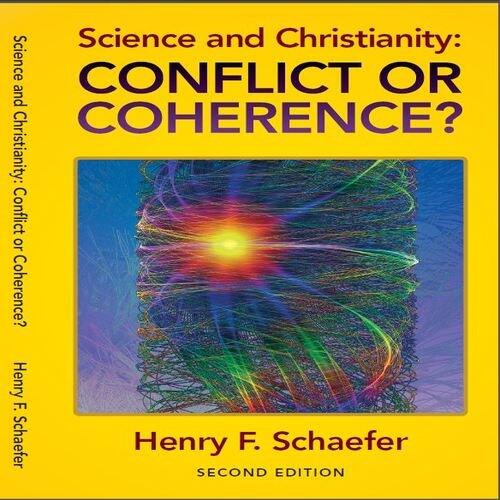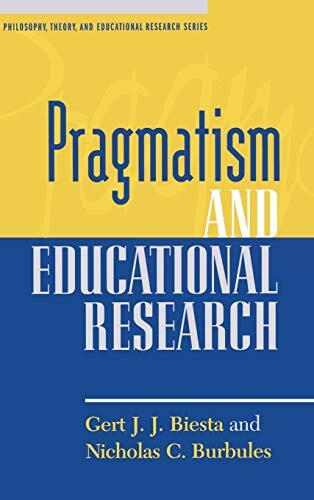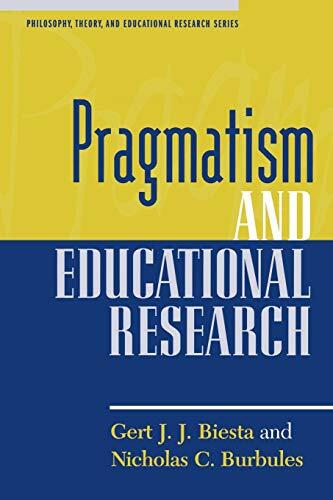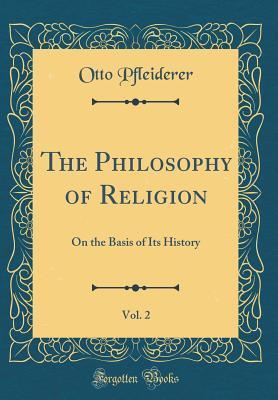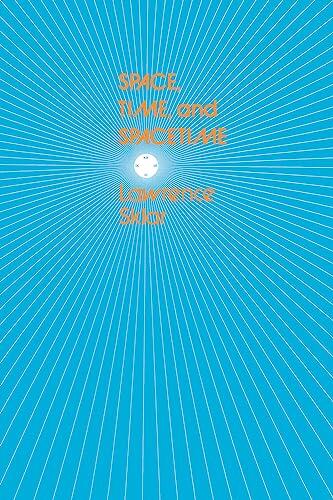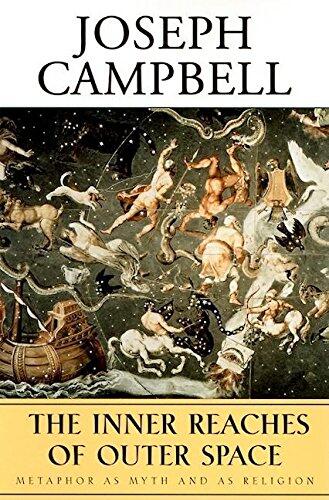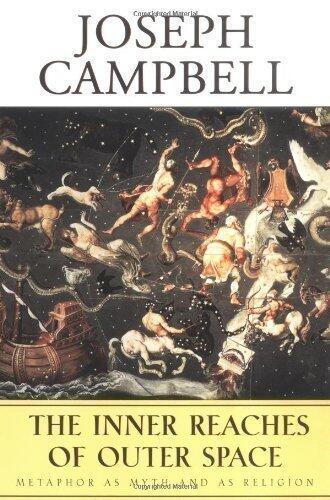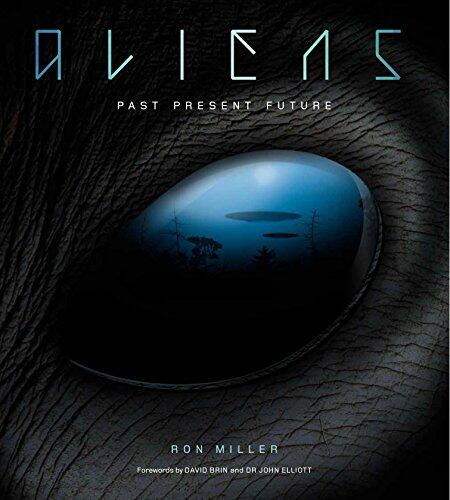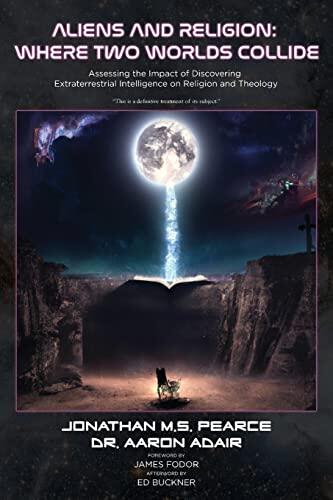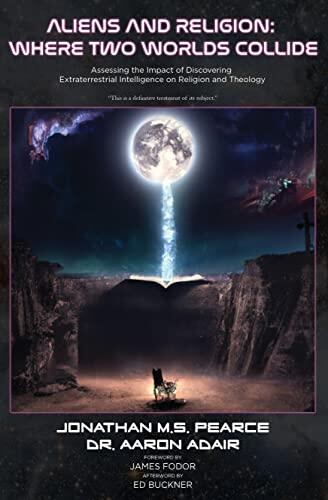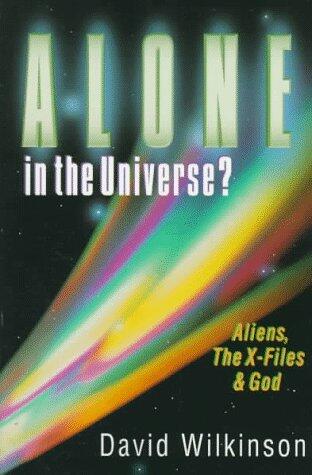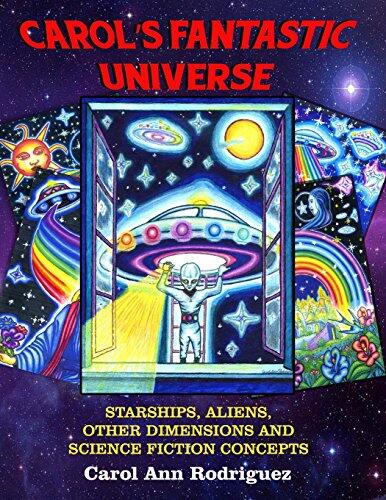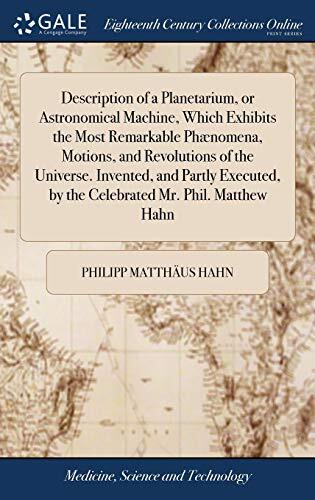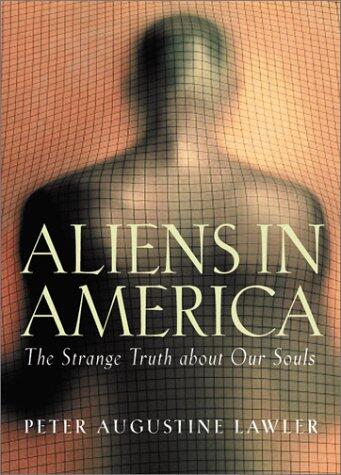
Aliens in America: The Strange Truth About Our Souls
まだ評価がありません
Philosophy
形式
ハードカバー
ページ数
298
言語
英語
公開されました
Jul 1, 2002
出版社
ISI Books
版
First Edition
ISBN-10
1882926714
ISBN-13
9781882926718
説明
In a thought-provoking exploration, Peter Augustine Lawler delves into the intricate relationship between human history and the future of the soul. He challenges readers to contemplate the possibilities that lie ahead, as he navigates the philosophical and existential questions that have shaped humanity's journey. Lawler's insights draw on a rich tapestry of cultural, political, and spiritual elements, offering a compelling perspective on the essence of what it means to be human.
As he unpacks the concept of "Aliens in America," Lawler illustrates how the distinct identities and beliefs of individuals contribute to a broader understanding of society. He beckons readers to reflect on the myriad influences that have molded their own experiences and beliefs, promoting a deeper awareness of how these factors affect societal norms and values.
Throughout his discourse, he raises questions about faith, tradition, and modernity, urging an examination of how these elements intersect in the American landscape. Readers are invited to engage with challenging ideas, ultimately fostering a richer dialogue about identity, purpose, and the potential trajectories of human existence.
Lawler’s compelling narrative combines rigorous analysis with an accessible writing style, making his philosophical insights resonate with those curious about the stakes of our contemporary moment. Engaging and intellectually stimulating, this work serves as a timely reminder that the search for meaning is an enduring human endeavor.
As he unpacks the concept of "Aliens in America," Lawler illustrates how the distinct identities and beliefs of individuals contribute to a broader understanding of society. He beckons readers to reflect on the myriad influences that have molded their own experiences and beliefs, promoting a deeper awareness of how these factors affect societal norms and values.
Throughout his discourse, he raises questions about faith, tradition, and modernity, urging an examination of how these elements intersect in the American landscape. Readers are invited to engage with challenging ideas, ultimately fostering a richer dialogue about identity, purpose, and the potential trajectories of human existence.
Lawler’s compelling narrative combines rigorous analysis with an accessible writing style, making his philosophical insights resonate with those curious about the stakes of our contemporary moment. Engaging and intellectually stimulating, this work serves as a timely reminder that the search for meaning is an enduring human endeavor.
